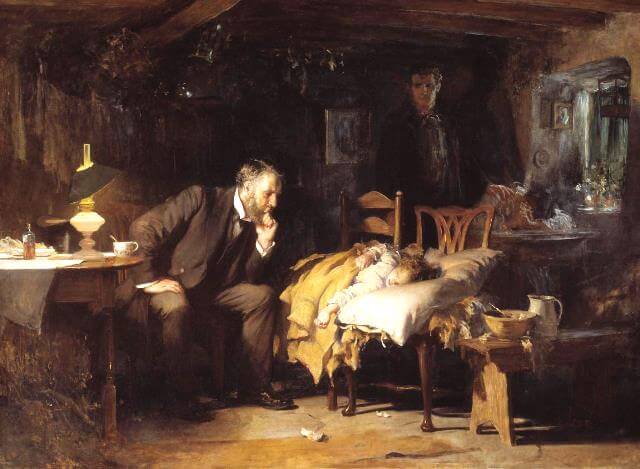
“ה’ יִסְעָדֶנּוּ עַל-עֶרֶשׂ דְּוָי; כָּל-מִשְׁכָּבוֹ הָפַכְתָּ בְחָלְיוֹ.” (תהילים מא:ד)
“God will sustain him on his sickbed;
You will transform his bed in his illness.” (Psalms 41:4)
In what way does God come to the aid of those who are ill?
The Shechinah dwells over the sick
There is a clear connection between body and soul. Positive feelings, such as love, equanimity, and faith, bolster our psychological and physical health. On the other hand, negative feelings, such as jealousy, anger, resentment and fear, have a detrimental impact on our health.
When we are ill, the body’s forces are greatly weakened and we may fear that death is near. At precisely this point, our spiritual side gains strength and renewed energy. Positive forces are awakened from within. A critical, jealous heart may be transformed into a heart full of compassion and generosity. We are drawn to holy aspirations, even though we felt estranged from such sentiments while healthy, due to preoccupation with worldly pursuits. Reliance in God grows, hope and faith flower. With this renewal of spiritual life, the ill person discovers an unexpected resource of strength.
The Talmud describes this phenomenon with an intriguing statement: “The Shechinah dwells above the head of the person who is ill” (Shabbat 12b).
Why specifically the sick person’s head?
When a person is fit and preoccupied with physical pleasures, his head — his thoughts and desires — can be a dark and lowly place. But when the body is weak, worldly pursuits lose their powerful allure. Freed from their grip, an inner purity is awakened, and one’s perception of reality becomes clearer. The sick person may find within himself a latent love of God and a yearning to follow God’s ways — on a level beyond that of healthy individuals. The head, the center of thought and reflection, becomes a vessel for God’s Divine Presence.
In order to impress upon us awareness of the potential holiness of those who are ill, the Sages taught that one who visits the sick should not sit on their bed. Rather, he should sit reverently before them, like a disciple who sits humbly before his master.
This strengthening of spiritual life — that is the assistance that God provides to the sick. “God will sustain him on his sickbed.” In fact, this is a basic purpose of illness. When our physical world comes crashing down, we are driven to reevaluate life, to look beyond the superficial appeal of physical pleasures and free ourselves from the shackles of worldly distractions.
Illness can become a transformative experience, a time of heightened spirituality, an opportunity for deep teshuvah and forgiveness. As the Sages taught, “A person does not recover from illness unless he has been forgiven for all of his sins” (Nedarim 41a).
(Adapted from Ein Eyah vol. III, p. 32 on Shabbat 1:50)
Illustration image: ‘The Doctor’ (Luke Fildes, 1891)





